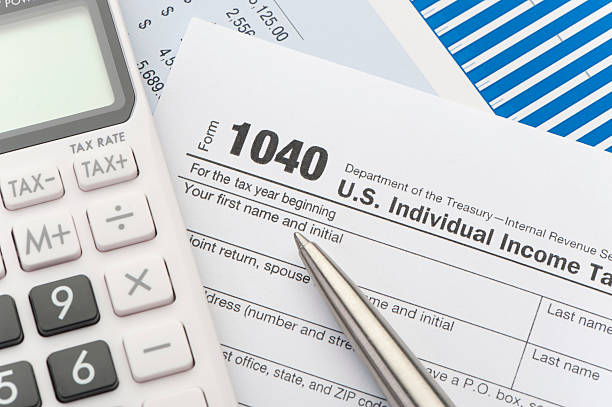It's What You Keep
Plan Your Future Today
Tax Planning Services
Nature Coast Capital provides a complete array of tax planning services, such as tax strategy and planning, tailored specifically for the needs of individuals and families.
Tax Planning for Retirees: Maximizing Your Income in Retirement
Retirement is a time to relax and enjoy the fruits of your labor. But it’s also a time to be mindful of your finances, particularly when it comes to taxes. As you approach retirement, it’s important to plan for how you will manage your income and taxes to ensure you have enough to support your lifestyle while minimizing your tax bill. Nature Coast Capital offers various tax planning services for people nearing or in retirement, including how to take advantage of tax deductions, federal and state income tax, required minimum distributions (RMD), tax-deferred investments, and more.


Navigating Federal and State Income Tax in Retirement
In retirement, you may still be subject to federal and state income tax. However, the good news is that your tax bracket may be lower than when you were working, meaning you could pay less in taxes. Additionally, some states offer tax breaks for retirees, such as exemptions on Social Security income or property tax breaks.
Maximizing Tax Deductions in Retirement
Tax deductions can be an effective way to lower your tax bill in retirement. Some common deductions for retirees we see at Nature Coast Capital include medical expenses, charitable contributions, and mortgage interest. Additionally, if you are over 65, you may be eligible for an additional standard deduction on your federal tax return.
Tax-Deferred Investments in Retirement
Tax-deferred investments, such as traditional IRAs and 401(k)s, can be an effective way to save for retirement while minimizing your tax bill. These investments allow you to defer paying taxes on your contributions and earnings until you withdraw them in retirement. However, keep in mind that once you reach age 73, you will be required to take required minimum distributions (RMDs) from these accounts, which will be subject to income tax.

Required Minimum Distributions (RMD)
Required minimum distributions (RMDs) are the minimum amount you must withdraw from your tax-deferred retirement accounts each year once you reach age 73. The amount of your RMD is based on the balance of your account and your life expectancy. It’s important to plan for RMDs so you don’t get hit with unexpected taxes and penalties.
Qualified Charitable Distributions (QCD)
Qualified charitable distributions (QCDs) are a tax-efficient way to give to charity in retirement. With a QCD, you can donate up to $100,000 per year directly from your tax-deferred retirement account to a qualified charity. This donation counts towards your RMD and is not subject to income tax.

Tax Credits and Tax Breaks in Retirement
There are a variety of tax credits and tax breaks available to retirees, including the earned income tax credit, the saver’s credit, and the retirement savings contributions credit. Additionally, some states offer property tax breaks or exemptions for seniors.
Tax Filing and Tax Accounting in Retirement
As a retiree, you may need to file taxes each year, even if you don’t have earned income. You may also need to pay estimated taxes throughout the year if you have significant investment income. It’s important to keep track of all your taxable incomes, including Social Security and pension income, and to stay up to date on changes to the tax code that may affect your tax strategy.
Frequently Asked Questions
About Tax Planning
It’s never too early to start planning for your retirement taxes. The earlier you start, the more time you have to maximize your tax savings.
A tax-deferred investment is an investment, such as a traditional IRA or 401(k), where you defer paying taxes on your contributions and earnings until you withdraw them in retirement.
A required minimum distribution (RMD) is the minimum amount you must withdraw from your tax-deferred retirement accounts each year once you reach age 72.
A qualified charitable distribution (QCD) is a tax-efficient way to give to charity in retirement. With a QCD, you can donate up to $100,000 per year directly from your tax-deferred retirement account to a qualified charity.
Some common tax deductions for retirees include medical expenses, charitable contributions, and mortgage interest.

